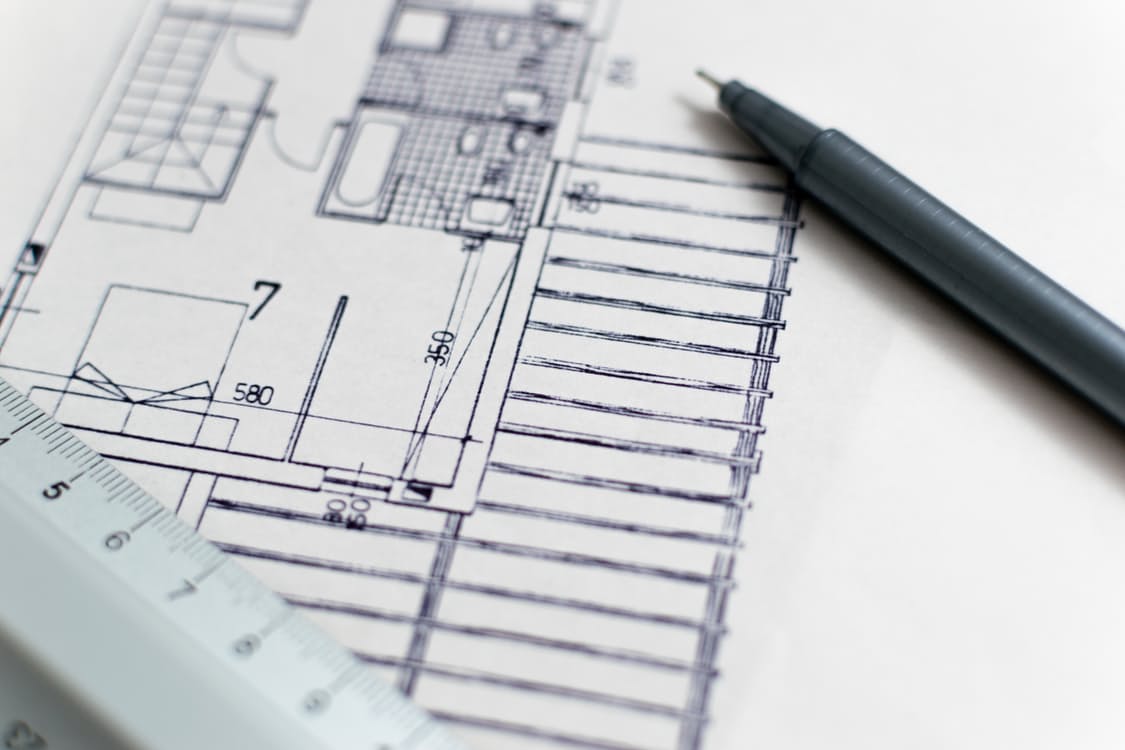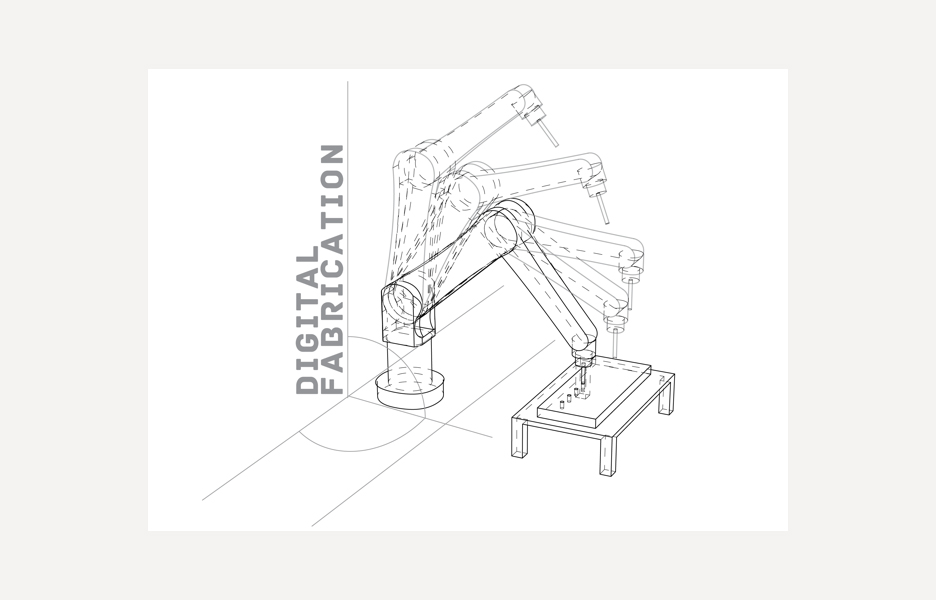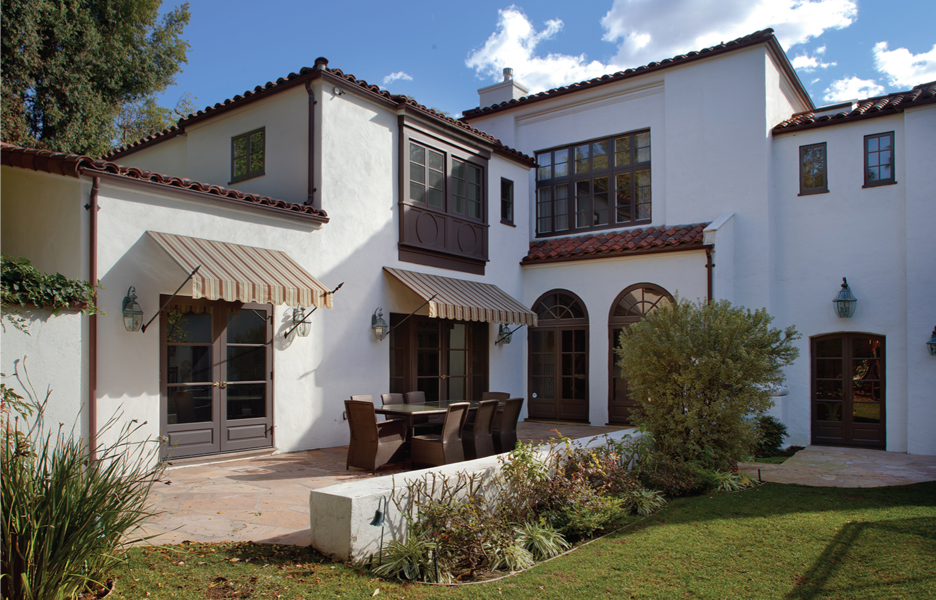
The ACA responds to COVID-19
The ACA responds to COVID-19
Share
The Association of Consulting Architects Australia (ACA) has released the preliminary findings of their ‘pulse-check’ survey on the ramifications of COVID-19 on the architecture industry.
The responses of more than 1000 practices exposed where firms, big and small, are preparing to feel the impact of the pandemic.
Of responding practices, 57 per cent reported they had either already had projects cancelled or anticipated that projects would be cancelled. More than 29 per cent of practices expected forced redundancies would be a very challenging impact of COVID-19 on their practice.
More than half of practices reported the ability of all staff to work from home, while under 10 per cent said they could not accommodate any staff working from home.
Even so, remote work is uniquely difficult for architects due to the hi-tech nature of the hardware and software used. Drafting and modeling programs are usually run from office workstations and network configurations may not migrate easily to smaller laptop screens
ADR speaks to ACA chief executive officer Angelina Pillai about the challenges ahead for the architecture industry and what resources they’re offering firms.
What type of architectural firms have been best-placed to respond to the pandemic?
Typically, architectural businesses that already practice flexible workplace arrangements appear to have this under some control – for example, those that have existing systems, software and connectivity integrated between office and home, coupled with robust working from home practices and processes.
The ACA is assembling a series of case studies from member practices that have been quick to respond, showing how they are making this work, lessons learned, and the guidelines the practice has developed.
You can find out how ACA members Taylor Robinson Chaney Broderick (TRCB), Fulton Trotter Architects and TheFulcrum.Agency are doing this.
How is the ACA facilitating sharing of coping strategies between firms?
The ACA is helping to share knowledge by asking interested practices to answer a series of questions with a view to developing practice response profiles for the ACA website.
Through the ACA’s valued connections, engaged ACA networks and supportive branch committees, we have put a call out to our membership to do just that. We have been overwhelmed with the generosity of the architectural community to share its stories, strategies and ideas about how it is dealing with this disruption. We are publishing these with a view to create a central hub of support for our profession.
In the meantime, the ACA’s COVID-19 dedicated site is building this body of knowledge.
What are you advising employers to consider when forced to stand down segments of their workforce?
As an employer body, the ACA advises all practices to Know their Award. Minimise the effects of redundancies as far as possible by adhering to the provisions of redundancies, such as consultation. These consultations will need to consider ways to mitigate the effects of the stand down, including taking leave, accrued RDOs, whether available work would be shared, the potential for redundancies and any other matters.
The ACA also advises clear and careful communication. This includes understanding your legal obligations. It is essential to maintain open communication lines with employees. Be very careful not to discriminate – make fair and equitable decisions on a case-by-case basis, display empathy and be diplomatic with your staff.
What legal provisions may exist to protect firms from the financial impact of project cancellations? Clauses for a force majeure event?
For work already done, there should be no reason for clients not to pay.
Obviously, any existing contracts between clients and architects are what they are – and may not include force majeure clauses, though most have termination clauses. AS4122-2010, for example, does have clauses for ‘adverse events’ and ‘suspension by consultant’ – including for work health and safety reasons. What is more worrying to the ACA are the large numbers of non-standard contracts, many with draconian provisions for failure to provide services in a specific time frame, which might be more difficult to negotiate.
What would adequate federal government support for the architectural industry look like at this time?
The ACA continues to engage with the architectural profession through surveys, member feedback and being an active participant at industry and government roundtables through our membership with the Australian Construction Industry Forum. From this engagement, we are building intelligence as to what actual support the industry would need and this will assist our discussions with government.
The ACA survey results indicate the immediate need for government support for businesses, particularly small to medium, for cancelled contracts or projects, extensions of time on government work, clear and useful advice on how to access government support measures and the creation of a federal government building industry stimulus package.
The ACA has published an Architects’ Guide to Stimulus for Business and will continue to update members as more information comes to light.
What is the ACA anticipating as the long-lasting impact of COVID-19 on the industry?
We will need to carefully assess the impacts of this crisis over the next few weeks and months as more information becomes available to be able to make a meaningful commentary on this.
However, the ACA will continue to engage with the profession, ask questions, find answers and act swiftly to publish useful information, advice and resources so architectural practices can continue to manage their businesses during this unprecedented crisis.
The ACA represents the interests of architectural employers in industrial matters and they are acting as a central node of information for practices during this time.
Find the preliminary results of their ‘pulse-check’ survey here.
Please let us know how ADR can help your practice during this time. Contact us at tili.bensley@niche.com.au and elisa.scarton@niche.com.au.
You Might also Like
























